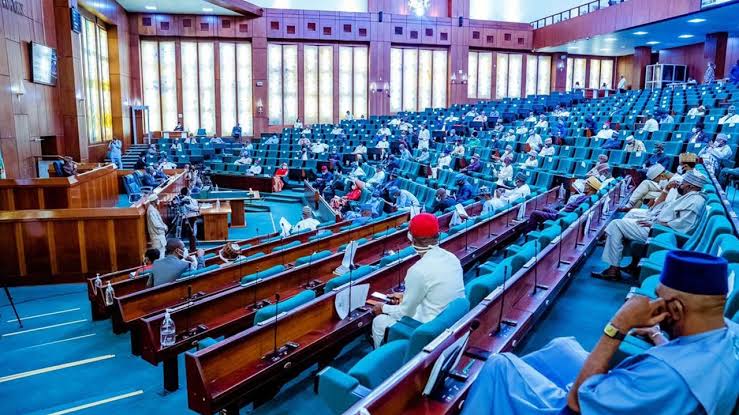The House of Representatives has initiated steps to provide free internet services in select public spaces, including hospitals, to benefit Nigerians. This move follows the first reading of a bill titled, “An Act to provide the legal framework for the free internet access programme in selected public places in Nigeria and for other related matters.” The bill, sponsored by Hon. Abubakar Kusada, who represents the Kankia/Ingawa/Kusada Federal Constituency in Katsina State, marks a significant push toward enhancing digital access in critical public sectors.
In rallying support for the bill, Kusada highlighted Nigeria’s recognition of the pivotal role of information and communications technology (ICT) in driving national development. He emphasized the importance of creating an environment that fosters the development of infrastructure to ensure the availability and accessibility of secure and reliable internet services for the public.
A copy of the bill, obtained by The PUNCH, specifies that public spaces covered under the proposed law include federal, state, and local government offices, secondary and tertiary educational institutions, and public hospitals, including health centers in rural areas. Additional locations include police, Army, Navy, and Customs barracks, public parks, plazas, libraries, airports, seaports, and public transport terminals.
According to Section 1 of the bill, no charges will be levied on users for connecting to public internet access points. The free internet service will be distinct from the internet systems used for internal government operations, databases, and management information systems. However, the shared use of infrastructure between public and administrative services will not be prohibited.
The bill further stipulates that technical measures to restrict or limit access may only be employed in cases of significant technical risks or breaches that cannot be resolved using standard solutions. The law prioritizes ease of access, requiring that technical solutions that maintain or improve user experience be pursued.
To oversee the rollout and implementation of the programme, the Nigerian Communications Commission (NCC) and the National Information Technology Development Agency (NITDA) are empowered to set standards and determine which public spaces will be included and prioritized. Section 3 of the bill designates these two bodies as the lead agencies responsible for ensuring the effective execution of the programme. Supporting agencies include the Nigerian Satellite Communications Limited and the Nigeria Internet Group, an advocacy organization promoting internet accessibility.
The bill mandates that within one year of its commencement, the NCC and NITDA must develop a comprehensive plan for the efficient rollout of the programme. This plan will require collaboration with federal, state, and local governments, private sector entities, and relevant organizations to ensure the initiative is aligned with existing plans and budgets.
Additionally, the bill grants the NCC and NITDA the authority to create policies, regulations, and oversee the programme’s implementation. They will be allowed to enter contracts and seek funding from various sources, including government, private sector, and international entities. One key provision ensures that the minimum internet speed provided per user is two megabytes per second, or the speed specified in the National Broadband Plan, whichever is higher.
The bill also encourages private sector partnerships to enhance service delivery. Section 6(1) of the proposed law allows NCC and NITDA to collaborate with private entities to ensure efficient and cost-effective service provision. Furthermore, private sector partners offering excess capacity may provide supplementary internet access for a reasonable fee in designated areas, provided they are registered with the NCC as value-added service providers.
In summary, this initiative by the House of Representatives is designed to improve digital inclusion in Nigeria by making internet services available in key public spaces, including hospitals, educational institutions, and government offices, thereby fostering greater access to information and communication technology for all citizens.




